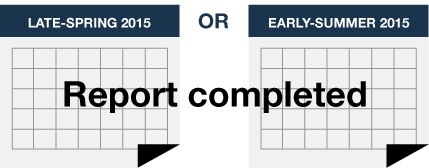NOVA SCOTIA
Sandboxes
PURPOSE: To foster an entrepreneurial culture and create environments that are conducive to innovation.
MINISTRY
Department of Labour and Advanced Education, Government of Nova Scotia
DESCRIPTION
The Sandbox initiative is a three year pilot program, aimed at creating partnerships among postsecondary institutions and the private sector that help young people develop entrepreneurial skills and knowledge.
Sandboxes are collaborative spaces hosted by universities and colleges that bring together students, mentors and external advisors to take business concepts from ideation to execution. They are designed to help leverage the human resource and research capacity of the province’s universities and colleges to create knowledge-based businesses, while also providing new educational opportunities for students.
Six sandboxes have been launched as part of this three year pilot program:
• ICT Sandbox – focused on information and communications technology
• Cultiv8 Sandbox – focused on agricultural innovation
• Island Sandbox – focused on clean technology and social enterprise
• IDEA Sandbox – focus on developing entrepreneurs
• Spark Zone Sandbox – focused on business and social enterprise
• Launch Box Sandbox – focused on developing entrepreneurs
Programming within the sandboxes typically includes:
• An educational or curricular element that provides foundational knowledge and training about business, entrepreneurship and social enterprise;
• Extracurricular programming including seminars, webinars, speakers series, and access to specialized resource people with knowledge related intellectual property management, business regulatory affairs, business finance, the law as it applies to business, and accounting;
• Exposure to business as mentors and potential investors; and,
• Learning to undertake pitch competitions to present the business idea or business plan and participation in events like start-up weekends and other competitions.
RESULTS
A report on early Sandbox results is currently being developed. It is expected that the report will be completed in late-spring or early-summer 2015.
FURTHER INFORMATION








